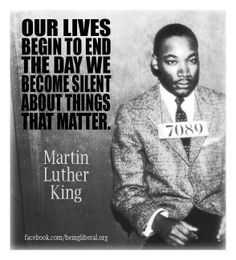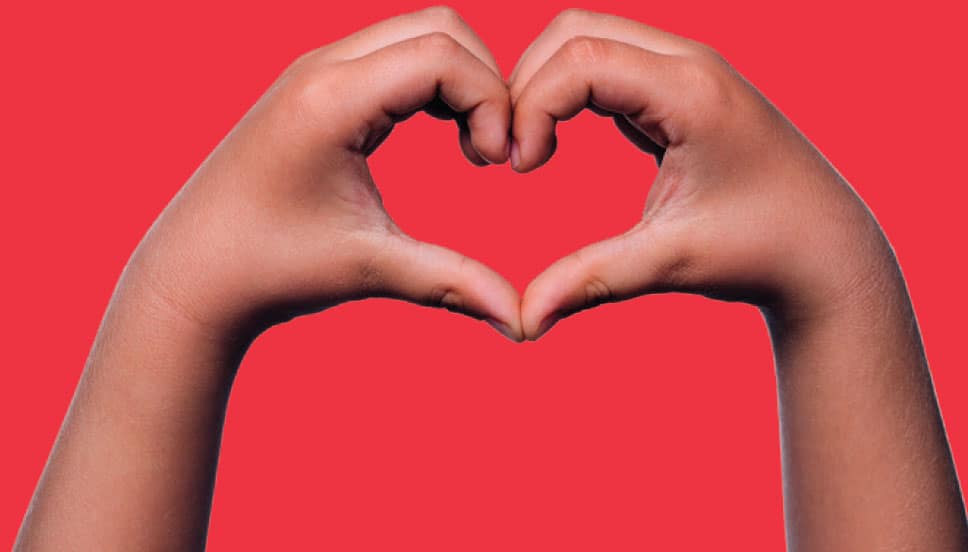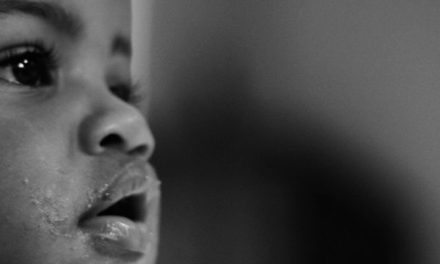Thumbnail: Making the most of the wake-up call from protests following George Floyd’s murder and developing a plan for Memphis that is about action, not more talk, to attack racism, lack of opportunity, and inequality in an authentically Memphis way.
**
So much talk and so little action.
Because of it, frustration and anger smolder just below a surface of civic denial, resulting in many people here being confounded when it was expressed openly following yet another killing of an African American at the hands of the police.
This time, it was in Minneapolis, but in truth, you can pick almost any major U.S. city and there will be similar examples. Memphis certainly has had more than its share.
Memphis has many similarities to Minneapolis: dramatic income inequality between white and African American households, economic segregation, and some officers with white nationalist and racist tendencies. However, as a percentage of population, Memphis has three times more African Americans, Memphis’ poverty rate is 50% higher, our regional GDP is about one-fourth of Minneapolis, and the median household income in Memphisisis is about one-third less.
For decades, our community has been having a conversation about the need to have THE conversation – the honest one about race. And yet, there always seems to be reasons to put it off.
Memphis has the equivalent of the population of Chattanooga living in poverty – 174,400 men, women, and children. For cities of its size, Memphis is #2 for the highest poverty rate. In addition, Memphis is #2 in child poverty rates in the U.S.
So Much Talk
We’ve talked an awful lot about it.
The Greater Memphis Chamber said a few years ago that reducing poverty would be a top priority, United Way announced something similar, Memphis Mayor A C Wharton Jr. rolled out an innovative plan to reduce poverty but the Strickland Administration axed it, and the Strickland campaign released a largely generic anti-poverty program that has attracted little attention since.
So much talk. So little action.
It’s a political characteristic for elected officials regularly to see a controversy as an individual crisis to overcome; however, in urban neighborhoods, the issues are seen differently, forming a narrative.
There was the list of 81 people who required a police escort in City Hall, many of whom appeared guilty of criticizing city policing. There were the 18 law enforcement officers on the attorney general’s “Giglio” list as unreliable witnesses because of everything from tampering with evidence to racist posts to criminal convictions. There were more than two dozen killings of black Memphians by police without charges by the attorney general. There were the attacks and neutering of the Civilian Law Enforcement Review Board. There is the fact that MPD Director Michael Rallings never accepted a single CLERB recommendation. There are the periodic recommendations from the Memphis/Shelby Crime Commission for more prosecutors, longer sentences, more arrests, and more police officers. There’s the federal court ruling that Memphis Police Department violated a consent decree by spying on protesters.
As part of the five-year fiscal strategic management plan by City of Memphis in the waning months of the Wharton Administration, a scientific poll and focus groups were conducted. The conclusion: a solid majority wanted more money spent on their neighborhoods than on more law enforcement. In the next budget following the report’s recommendations, police funding went up and neighborhood investment stayed the same. That’s been a dominant trend line.
A Tale Of Two Narratives
All in all, it’s a symptom of a failure to break out of old patterns and thinking in order to transition to a fairer, more equitable, and compassionate community. Or least that’s how it’s seen by a large part of Memphis and Shelby County.
It’s a narrative reinforced by the civic shrug that so often greets the subject of income inequality. And it comes in the midst of $800 million in city and county taxes handed out as tax incentives every 10 years to large companies and real estate developers. Meanwhile, there is cheerleading and pats on the back about $1 million for small business grants from EDGE and $1 million from city government for an affordable housing fund for the entire city.
Income inequality continues to deprive the Memphis regional GDP of $22 billion…a year. That’s just happens to be the amount that separates our GDP from Nashville’s regional GDP.
Despite this being our community’s single biggest economic opportunity, it rarely, if ever, is mentioned in discussions of our economic development priorities. It’s a strange, if not self-destructive, oversight since there’s no better place than ours to explore strategies and execute experiments to uncouple the link between race and lack of opportunity.
Here’s the proverbial bottom line: Maybe, just maybe, we’re finally out of excuses – and time – and we can get serious about focusing on the disparities in incomes, incentives, and enforcement that shape the lives of African Americans in Memphis. That seems to be the underlying message of night after night of protests.
The System’s The Problem
Without serious attention to attacking the systemic racism that limits opportunities, criminalizes poverty, exploits low-wage workers, and breeds the brand of happy talk that minimizes the economic lethargy that has characterized Memphis for at least 20 years, engendering the self-hypnosis about momentum and progress while almost one in two Memphians is being left behind.
We should not fool ourselves. There will unfortunately be another Minneapolis. We should make sure it’s not Memphis.
That so many of us were born into middle class families in middle class neighborhoods credit success solely to our own ingenuity rather than to the head start in life we received at birth complicates honest conversations and often reduces African Americans to caricatures.
It’s seen often in comments by many whites about the Black Lives Matter movement, comments seen by African Americans as a verbal dodge to avoid acknowledging unpleasant truths and to retreat behind glib bromides like “all lives matter” or “blue lives matter” rather than address the unique barriers faced by African Americans and the need to attack these obstacles with a determined, broad-based plan of attack.
It’s why so many African Americans in Memphis and Shelby County have low expectations. They hear about all the good things going on in Memphis, they hear about investments in big projects, and they hear about the way some neighborhoods are considered trendy and trending and attract attention and money as a result. And they wonder when it is their turn.
If there’s any place where black lives matter, it should be a city that is 62% African American, a county that is 54% African American, and in a region that will be 65% people of color and 47% African American by 2030.
Black Lives Matter Most
Black lives do matter, and black neighborhoods matter too, because the single greatest determinant for children’s future is the neighborhood where they are born. In large measure, geography is destiny, and for too many Memphians, it is a destiny of limited opportunity and dashed hopes.
Research shows that for children born into neighborhoods of concentrated poverty – between 1970 and 2010, the number of high poverty census tracts in Memphis climbed from 42 to 78 – the odds are stacked against them. The majority of people born into the bottom stay there.
The coincidence of their places of birth limits their options and throws up formidable barriers, which means that even when they show heroic determination, they are climbing a steep hill where the top is persistently out of reach. A child born into poverty in Memphis has the lowest chance – 3% — of moving from the bottom one-fifth to the top one-fifth in income than any city in the continental U.S.
The Memphis system was designed long ago to perpetuate low incomes and cheap labor, and as a result, it ingrained multi-generational poverty and deep inequality into the character of the city. When concentrated, multi-generational poverty is amplified by challenges like economic segregation, sprawl, and a languishing economy, there is no city in America with greater motivation than Memphis to create a culture of opportunity for every citizen.
Shifting To Action
Other cities were taking action on these issues even before the recent wake-up call sparked by the murder of George Floyd. A number of mayors in other major cities has established equality commissions to develop plans to redress historic racism and to overcome current challenges.
Memphis Mayor Jim Strickland signed the United States Conference of Mayors Compact to Combat Hate, Extremism, and Bigotry, and so did more than 240 other city mayors. It was organized in 2017 following the violent demonstrations in Charlottesville, Virginia, to promote justice and equality.
Transforming those fundamental principles into action is now the opportunity for Memphis and Shelby County. City Hall and the Greater Memphis Chamber have announced the formation of a committee to revive the economy as businesses reopen, but the real opportunity is to look past the topline economic indicators and dive instead into the negative drivers that hold back our economic performance and to attack them in ways that create greater opportunity for every African American Memphian.
***
Click here to join us at the Smart City Memphis Facebook page for daily articles, reports, and commentaries that are relevant to Memphis.






Realistically, what can you get out of a kid with 85 IQ, from a single parent home, barely socialized, and angry. That’s fully half of black Memphis. You’re certainly not going to get economic parity. That’s a pipe dream.
That’s quite an indictment wrapped in a stereotype. If you believe it is true, why don’t you advocate the kinds of investments that can address it rather than insulting so many people who deserve more opportunity, better neighborhoods, more interventions, etc. It’s easy to default to talking points. What we need are an agenda of investments and a shared vision to improve the lives of those born into concentrated poverty – and that’s hardly half of African Americans in Memphis.